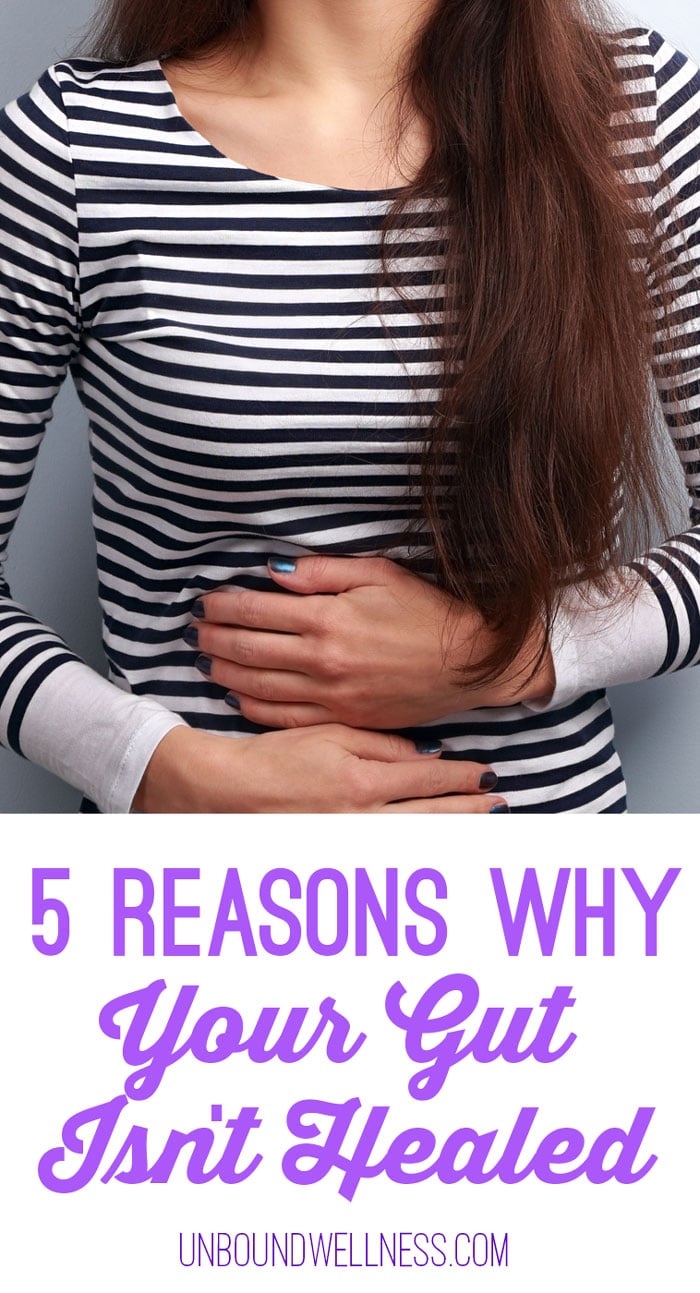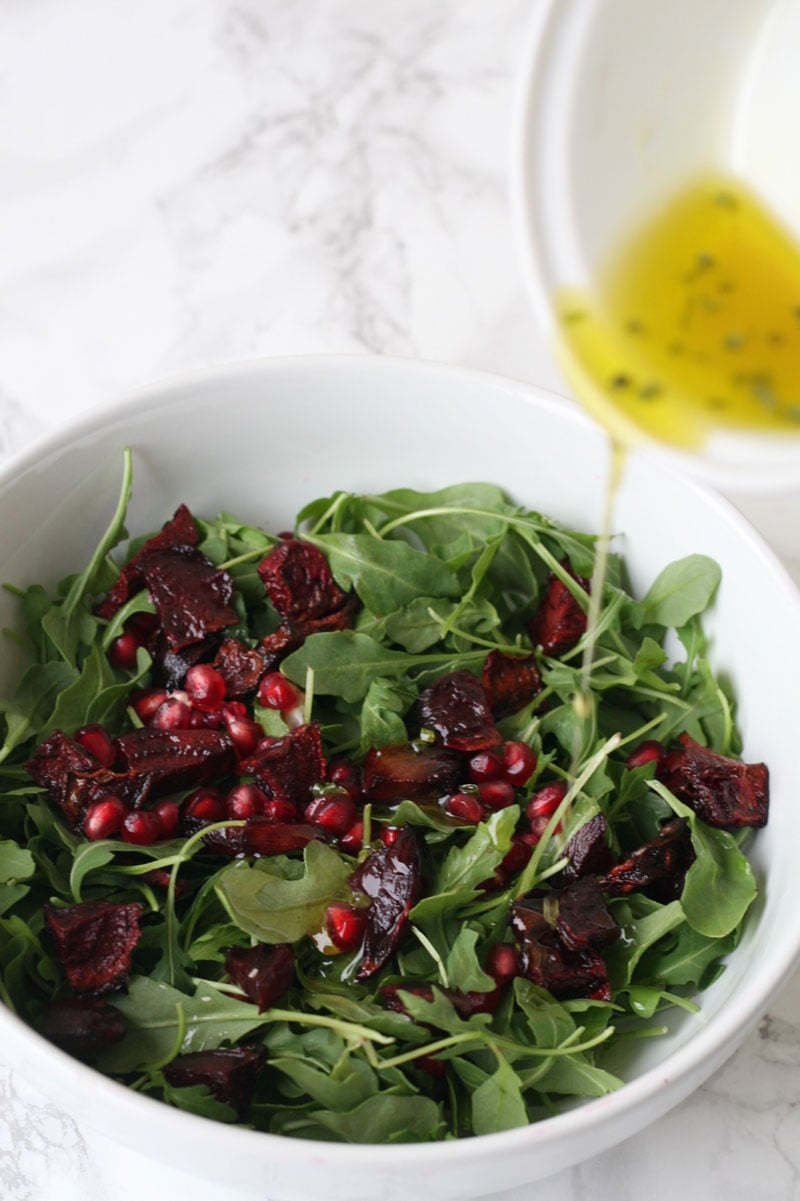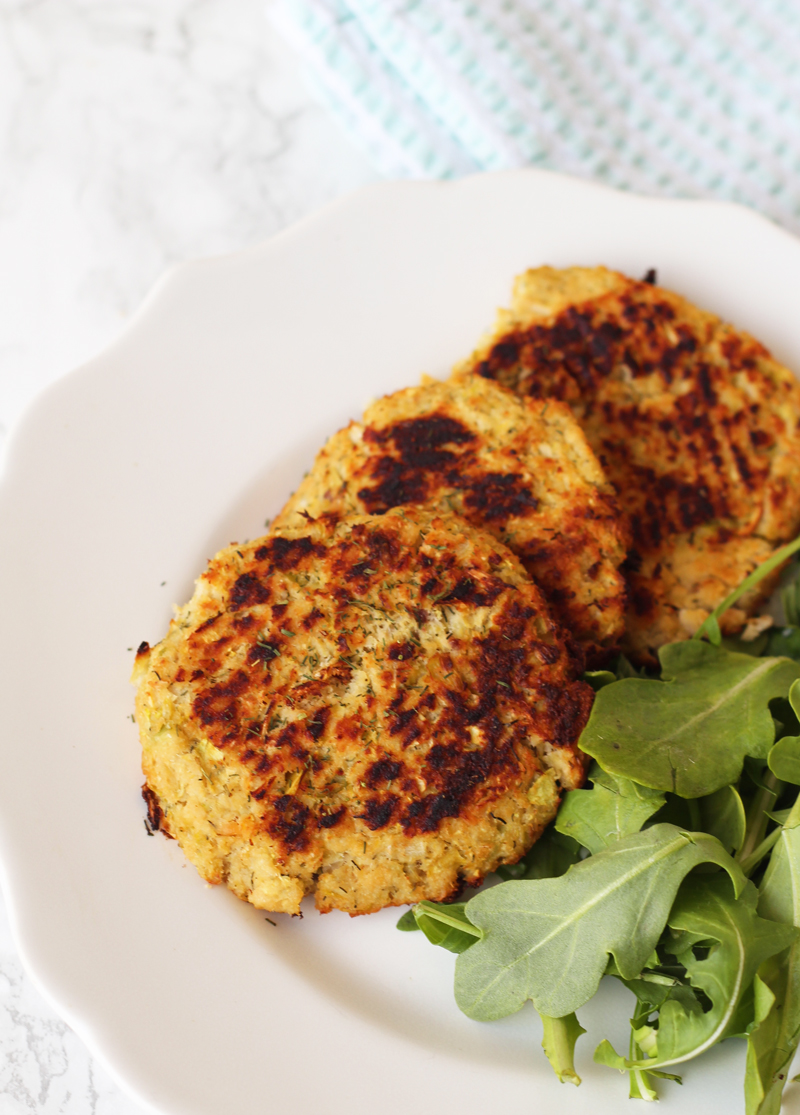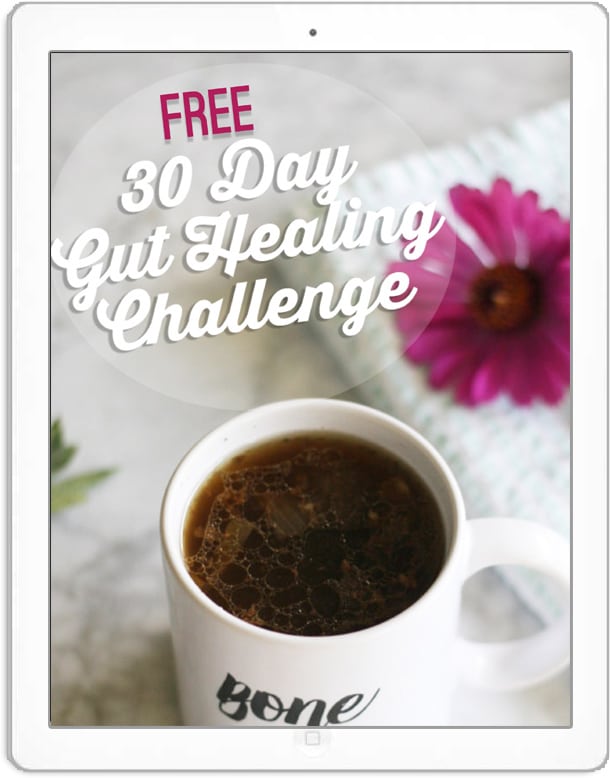If you’ve been in this holistic health world for any amount of time, you know by now that our gut health is incredibly important to the overall health of our body. It affects our immunity, our weight, our mood, and just about everything else in between. When I was first diagnosed with an autoimmune thyroid disease, Hashimoto’s, I had no idea how much my gut health played a role, but it did. Developing a leaky gut or increased intestinal permeability is one of the triggers that turns on autoimmunity, and also one of the keys for lowering inflammation. In this holistic healing and AIP world, we know it’s important to heal our gut.
You may have asked yourself why your gut still isn’t healed… I know I have before. You drink the broth, take the supplements, but still have issues. Maybe it’s bloating, maybe it’s acne, or maybe you just know intrinsically that something is still off with your gut. You are so not alone.
Gut health is complicated! We over simplify it, but it’s hard. It’s hard to understand, hard to address, and hard to resolve. If you’ve ever done all of the work for months, but still find yourself having gut issues, here are 5 reason why your gut still isn’t healed.

1.You Have Low Stomach Acid or Enzymes
The great stomach acid debate… long story short, stomach acid is not bad for you. We need acid and digestive enzymes to break down our food, and when our stomach acid is too too low or we don’t have enough enzymes, our food goes undigested. Our intestinal lining is super thin! Think of eating a steak that isn’t being broken down by acid or enzymes and having that pass through your stomach. Of course it’s going to damage it and stop it from being healed!
How do you know your stomach acid is too low?
- Acid reflux or heart burn
- Bleaching after you eat
- Not hungry in the morning
- Stomach pains after eating
- Still feeling hungry after you just ate
Low stomach acid is incredibly common. Most people who I see in my own practice have terribly low stomach acid. We need to break down our food in order to absorb nutrients and heal our gut!
What do you do?
- Eat in a relaxed state
- Chew, chew, chew your food 30-40 times per bite
- Supplement with HCL or enzymes
- Drink diluted apple cider vinegar before meals
2. You’re Not Digesting Fats
Now that we’re slowly pulling ourselves out of the low-fat everything phase of society and higher fat diets are starting to become more normalized, we face a new problem of not digesting fats. So, how does this happen?
Your gallbladder is in charge of releasing bile into the small intestines which breaks down fats. Our bile is made up of the fat that we eat, and it’s very easily damaged. So let’s say you went through a period of eating low fat, or poor quality fats. Poor quality fats can be anything from canola oil, to margarine, to non-pastured chicken or eggs, or just a meal out. It all effects our bile and our ability to digest fat. So, when our bile becomes lesser quality, our gallbladder isn’t working as hard because we’re eating too low fat, or it’s just stressed out from stress we put on our liver, it’s performance suffers.
If we don’t have the right quality bile and it’s not properly released, fat rancidifies in our stomach. Want to talk about what will damage your gut? Rancid fats for sure.
How do you know you’re not digesting fats?
- Nausea when eating fats (yes, even good fats)
- Pain under your right rib
- Shiny stool that floats
- Green stool
Personally, this one is huge for me. It’s my belief and what I’ve found in my own studies that gallbladder issues can be hereditary as well, and it’s a big issue in my family. It’s said in Chinese medicine that we hold a lot of fear in our gallbladder, and that is a big word for me! I still struggle with this today, and am constantly mindful of it.
What do you do?
- Make sure your stomach acid is sufficient. Your bile won’t be triggered if your stomach PH is too low.
- Take a bile salt or bile support supplement
- Eat high quality fats in moderation
- Don’t be afraid to be higher carb in the form of vegetables while healing
- Eat bitter greens and beets
- Castor oil packs! (my fav… y’all know I’m crunchy)
- Work with a doctor or naturopath

If we’re talking healing food, this Pomegranate Beet Salad is a great healing food for fat digestion! It has both beets and bitter greens, and a healthy homemade olive oil based dressing.
3. You Have An Underlying Infection, Overgrowth, Or Imbalance
Parasites, co-infections, and bacterial overgrowth are very, very real. You don’t have to travel to a third world country and pull a fish out of a river and eat it raw, bear style, to have a parasite. You can just as easily get one from some poorly handled or cooked food, and the same for infections and gut bacteria imbalances.
What kind of infection, overgrowth, or balance may you have?
- A Parasite
- Small Intestinal Bacterial Overgrowth
- Candida Overgrowth
- Epstein Bar Virus
- Other pathogenic bacteria
- etc.
How do you know you have one?
- Persistant bloating
- Intolerance to vegetables
- Reoccurring diarrhea
- Elevated WBC count
This is a short list as every parasite, overgrowth or infection comes with it’s own set of symptoms. One for me was that I had an enzyme called beta-glucaronidase that was super elevated on my labs as a result of a stomach bacteria imbalance. Maybe for you it’s SIBO, candida, EBV, or a parasite. The best thing you can do is work with a professional to help you address it!
What do you do?
- Work with a professional.. this is number one here!
- Run labs like stool tests and breathe tests. Stool tests are bleh, but are super effective.
4. You’re Not Focusing on Nutrient Density
Cutting out inflammatory foods that damage the gut is step one, for sure. However, just cutting out gluten doesn’t heal anything. You need to focus more on what you are eating rather than what you’re not eating.
How do you know you’re not getting enough nutrients?
- Feeling hungry after meals
- Not feeling satisfied
- Tons of cravings
What do you eat?
- Bone broth
- Fermented foods
- Organic vegetables
- Fruits in moderation
- Pastured meats
- Wild caught fish
- Healthy fats like coconut, avocado, and other high quality animal fats

5. You’re Too Stressed
Mental and emotional stress can be just as stressful on the body as the sugar and gluten from a donut! The stress hormone, cortisol can inhibit our gut lining from being healed, and being in a stressed state can also interfere with stomach acid production.
Stress levels can be hard to measure so it’s not always as easy as just picking out the symptoms. You can’t get your blood drawn and see a stress marker, and what you perceive not stressful one day may be entirely more stressful the next. In short… it’s hard.
What do you do?
- Form a support system and seek out social connection. Check out the AIP support groups in your area!
- Be honest about the stress in your life and address it
- Look for low hanging fruit to eliminate stress
- Take time for yourself every single week
- Form a hobby that helps to de-stress and practice it regularly… yoga, reading, evening walks
- Pray and be grateful regardless of hard times! Being grateful for your circumstances is one of the best things you can do for your health.
So, this is probably all stressful in general, right? I know because I’ve been there!

That’s why I created the 30 Day Gut Healing Diet Plan & Guide as a framework to start a lower stress gut healing journey! And what I’m really excited to announce is that there’s a brand new feature for the 30 Day Gut Healing Guide… a free challenge and gut healing support group!
Starting March 6th 2017, I’m going to be kicking off the first round of the free 30 Day Gut Healing Challenge!
Original article and pictures take unboundwellness.com site
Комментариев нет:
Отправить комментарий